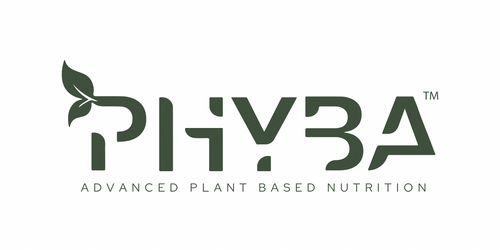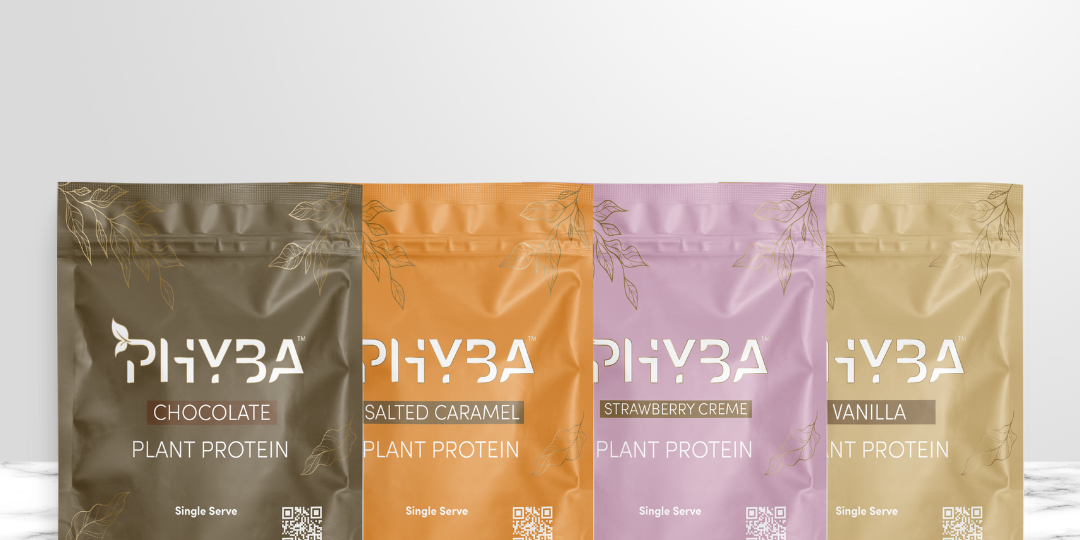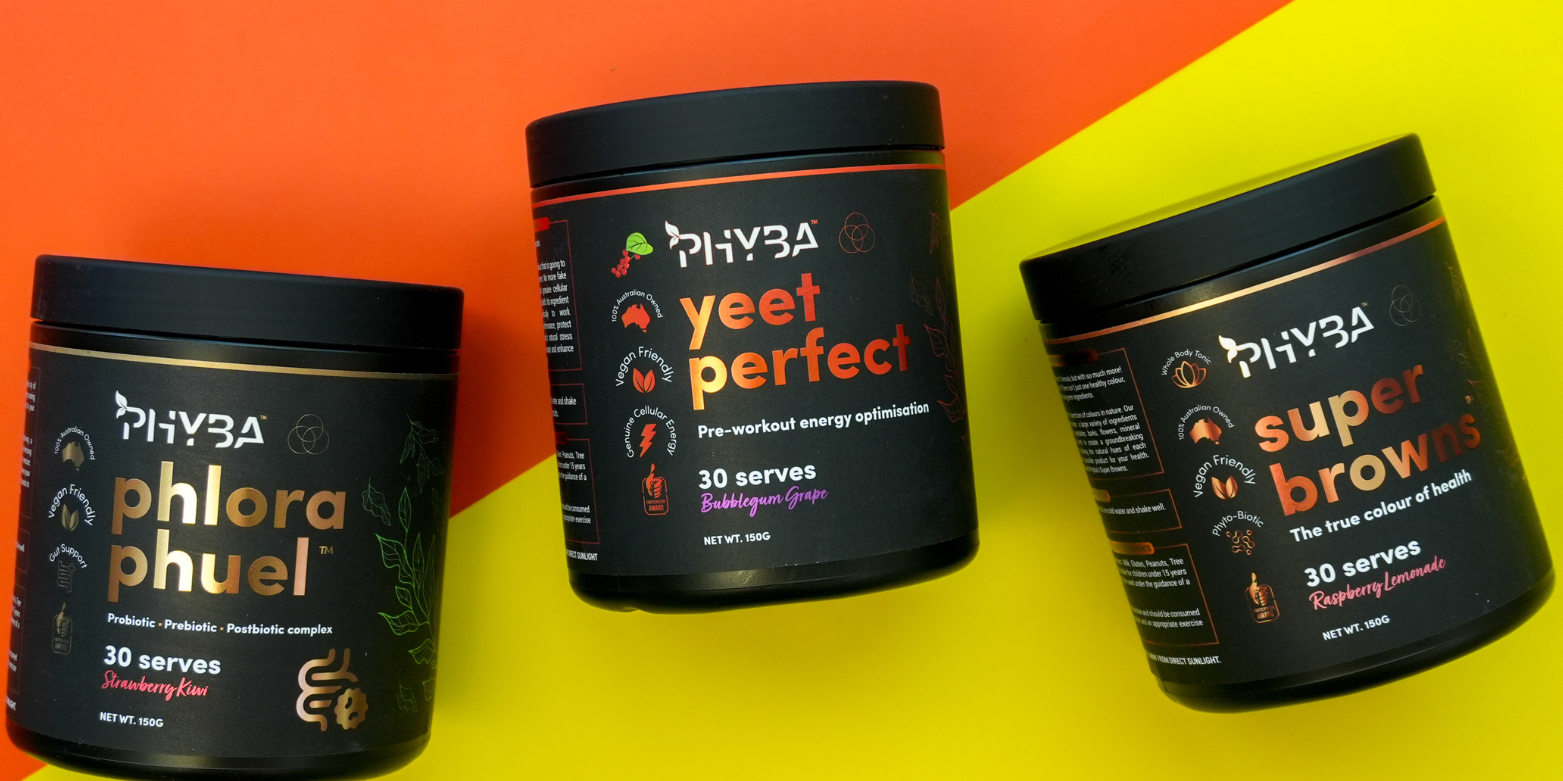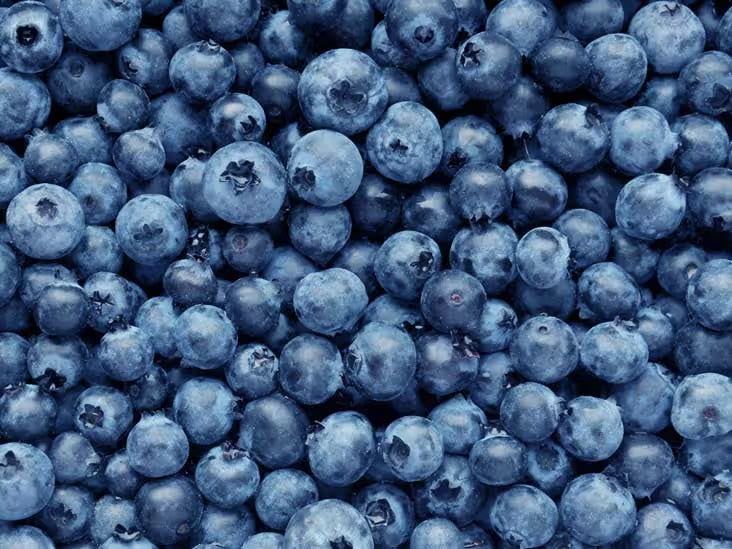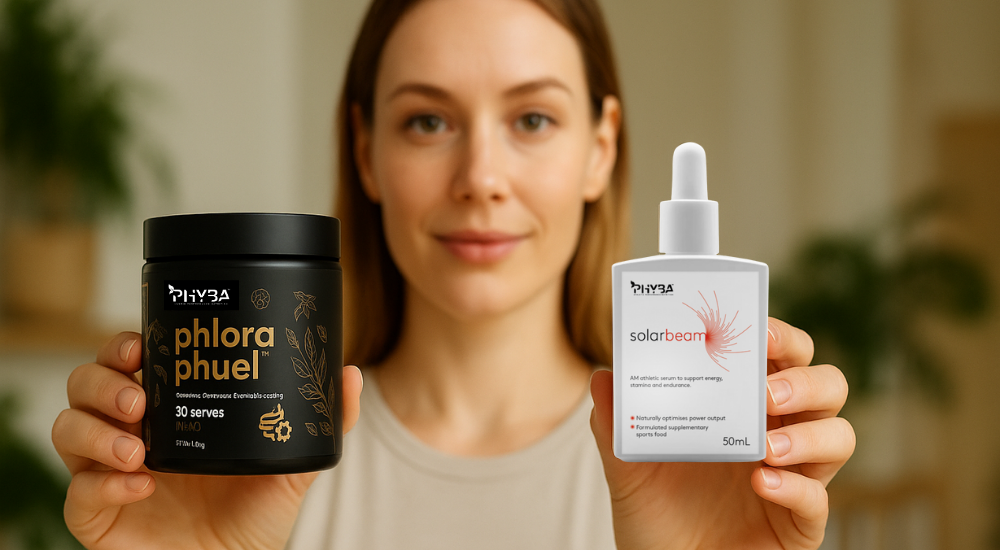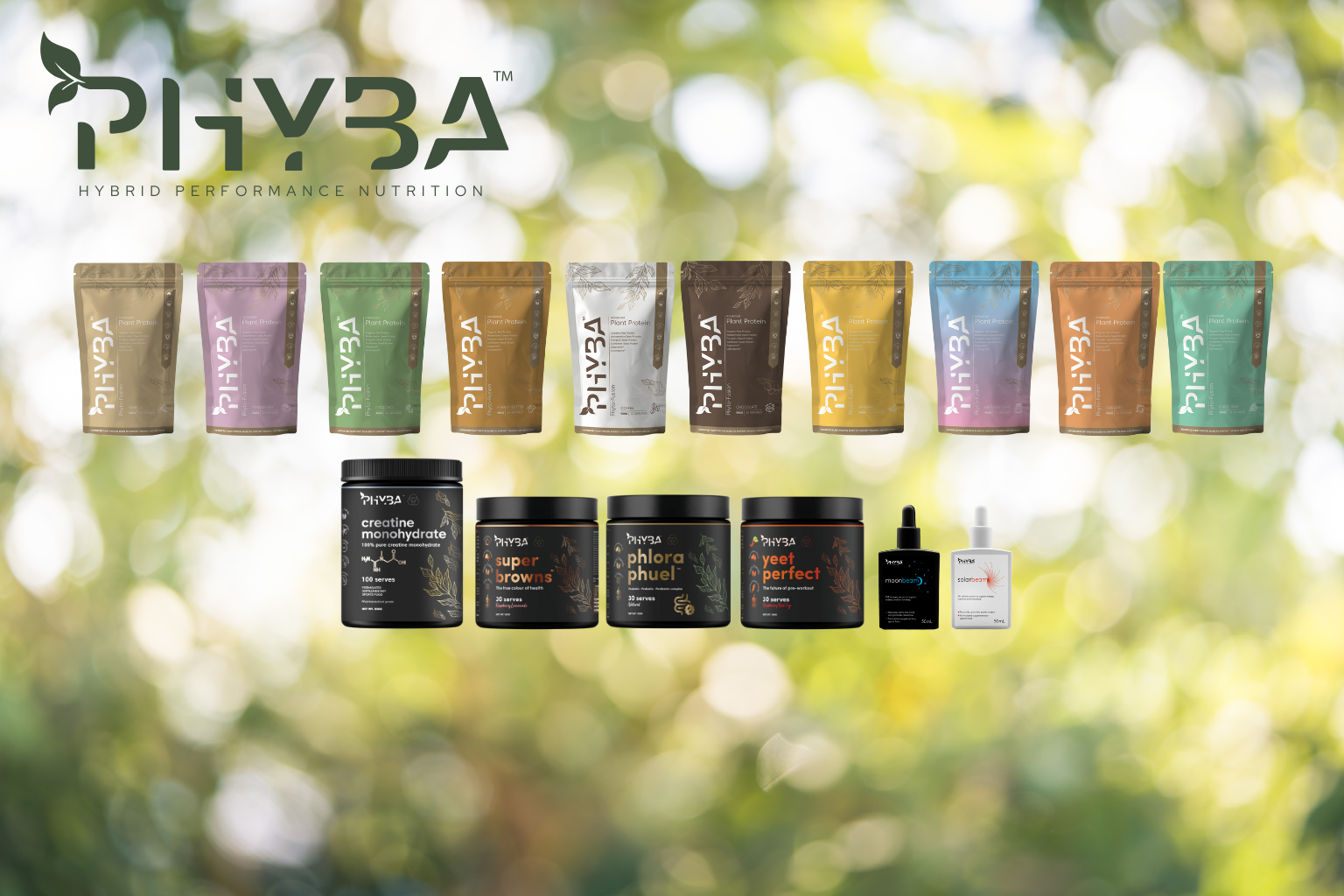🌍 The Big Question: Which Diet Is Better for You—Vegan or Carnivore?
In recent years, the debate between the vegan diet and the carnivore diet has gained steam. While some promote all-meat eating for short-term results, the long-term science—and the longest-living people on Earth—point in a different direction.
In this article, we’ll break down:
-
The health and longevity benefits of a plant-based diet
-
Why Blue Zone communities live longer and healthier
-
The truth about plant protein, testosterone, and omega-3s
-
And why the carnivore diet may fall short for long-term vitality
Let’s explore the facts.
🥦 What Is a Vegan Diet?
A vegan diet is made up entirely of plant-based foods:
-
Fruits
-
Vegetables
-
Whole grains
-
Legumes
-
Nuts and seeds
It avoids all animal products including meat, fish, dairy, and eggs. With the right variety and key supplements like vitamin B12 and omega-3, it's both nutritionally complete and health-promoting.
🥩 What Is the Carnivore Diet?
The carnivore diet is the opposite—it consists only of animal products:
-
Red meat
-
Poultry
-
Eggs
-
Fish
-
Organ meats
This zero-carb, no-plant approach aims to reduce inflammation and simplify digestion, but research shows long-term risks when key nutrients from plants are missing.
✅ The 7 Proven Benefits of a Vegan Diet
1. Backed by Blue Zones: The World’s Longest-Living People
People in the Blue Zones—like Okinawa, Sardinia, and Loma Linda—live well into their 90s and beyond. They eat 95–100% plant-based diets rich in:
-
Legumes (beans, lentils, peas)
-
Leafy greens
-
Whole grains
-
Nuts and seeds
Meat is consumed sparingly—only a few times a month, in small portions.
2. Protects Against Chronic Disease
Plant-based diets are linked to lower rates of:
-
Heart disease
-
Type 2 diabetes
-
Obesity
-
Certain cancers
-
High blood pressure
This is thanks to fiber, antioxidants, and anti-inflammatory compounds found in whole plants.
3. Slows Aging at the Cellular Level
Plant-rich diets preserve telomere length, a marker of cellular aging. Foods like berries, leafy greens, and nuts help protect your DNA and delay aging.
4. Improves Gut Health
Fiber feeds the good bacteria in your gut. A strong gut microbiome:
-
Lowers inflammation
-
Improves mood
-
Enhances digestion
Carnivore diets lack any fiber, which can lead to dysbiosis and inflammation over time.
5. Boosts Energy and Athletic Performance
Studies show plant-based diets:
-
Improve endurance
-
Enhance recovery
-
Reduce oxidative stress
Vegan athletes often report better energy levels and fewer aches than their meat-eating counterparts.
6. Supports Healthy Weight
Plant-based eaters tend to have:
-
Lower BMI
-
Fewer food cravings
-
More stable blood sugar
Thanks to high fiber content, you feel full longer without overeating.
7. Better for the Planet
Vegan diets:
-
Use fewer resources
-
Emit fewer greenhouse gases
-
Reduce environmental harm
🔬 Debunking the Myths: Plant Protein, Testosterone, and Omega-3
Myth #1: “Plant Protein Isn’t Complete”
False.
Every essential amino acid exists in plant foods. Eating a variety—like beans, quinoa, and tofu—easily meets your protein needs.
✅ Blue Zone diets rely on plant protein daily and support vibrant health for life.
Myth #2: “Vegan Diets Lower Testosterone”
False.
A 2020 study found no negative impact on testosterone from plant-based diets. In fact, some plant-based eaters had higher testosterone levels than meat-eaters.
What really lowers testosterone?
Obesity
Processed meats
Chronic inflammation
A balanced vegan diet supports hormonal health, blood flow, and lean muscle.
Myth #3: “Fish Provides Enough Omega-3”
Not always.
Many fish—especially farmed varieties like tilapia or salmon—are low in omega-3 due to poor-quality feed.
🧠 Even regular fish eaters may be deficient in EPA and DHA, the key omega-3s for brain and heart health.
✅ Solution: Algae oil
It’s a clean, plant-based source of EPA & DHA (where fish get it from in the first place).
Other vegan omega-3 sources:
-
Chia seeds
-
Flaxseeds
-
Walnuts
-
Hemp seeds
🌾 Myth #4: “Vegan Diets Are Bad Because of Monocropping”
False.
Critics of veganism often argue that monoculture farming (like growing massive fields of corn, soy, or wheat) harms the environment—and blame vegan diets for it. But the data shows a different story.🚨 The Truth About Monocropping and Animal Agriculture
-
Over 77% of global soy is used to feed animals, not humans.
-
Huge amounts of corn, wheat, and other grains are also grown to feed livestock, especially cows, pigs, and chickens.
-
Only a small fraction of these crops go directly to humans, and even less to vegans who typically eat a wider variety of vegetables, legumes, and fruits.
🌍 If Everyone Ate Plants Directly:
-
Far less land would be needed.
-
We could re-wild millions of acres.
-
It would significantly cut greenhouse gas emissions.
A plant-based diet reduces monocrop demand, not increases it—because feeding crops to animals is far less efficient than feeding people directly.
In short: If you care about biodiversity, ecosystems, and soil health, a vegan or plant-centric diet is the most sustainable path forward.
-
📊 At-a-Glance: Vegan vs Carnivore Comparison
| Feature | ✅ Vegan Diet | ❌ Carnivore Diet |
|---|---|---|
| Fiber Content | High (supports digestion & gut health) | None |
| Antioxidants | Abundant (slows aging) | Very low |
| Protein Quality | Complete with variety | Complete |
| Inflammation Risk | Low | High |
| Gut Microbiome Support | Strong | Poor |
| Longevity Evidence | Supported by Blue Zones & global studies | No long-lived carnivore populations |
| Nutritional Deficiency Risk | Manageable with planning & supplements | Risk of fiber, phytonutrient deficiency |
💬 Final Thoughts: Choose the Diet That Helps You Thrive
You don’t have to guess what diet promotes longevity, energy, and lifelong wellness—the research is clear:
A well-planned vegan or plant-forward diet:
-
Reduces disease
-
Supports healthy aging
-
Improves physical performance
-
Is backed by the world’s longest-living people
Even reducing meat and increasing plants is a powerful first step. For your body, your mind, and your future—plants win.
